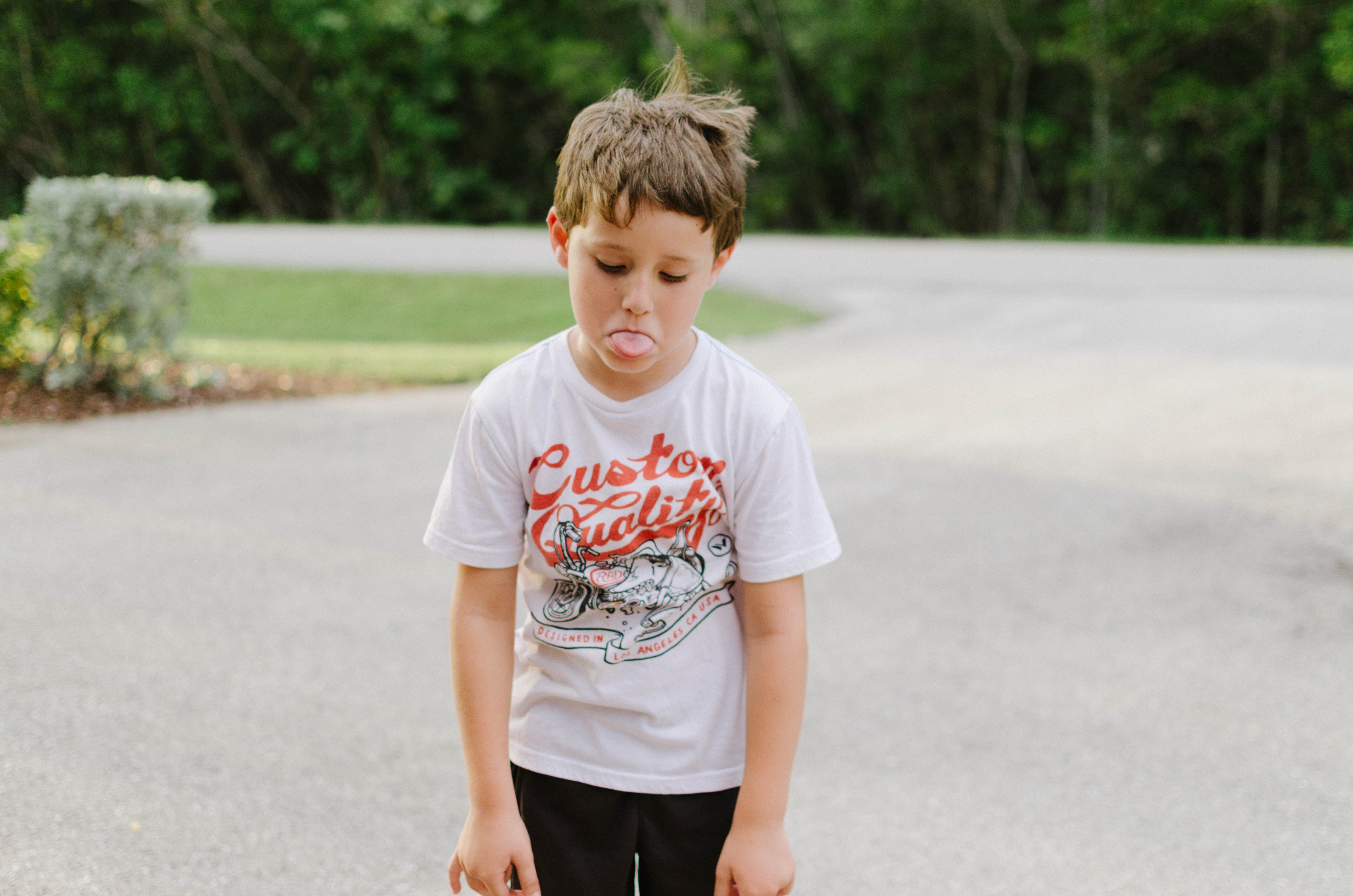
The stresses, challenges, and advocacy that comes with being the caregiver of an exceptional child can make for an overwhelming parenting or educator experience. However, the joys and sense of connectedness that can come with understanding and supporting the emotional needs of a gifted child are many. Anticipating what a gifted child may be seeking from the grown-ups closest to him or her is key to establishing a happy, healthy adulthood.
Social & Emotional Development
Asynchronous development refers to the reality that each gifted child may grow at a different rate than his or her peers, or even other gifted children. Emotions, physical abilities, and intellect all develop at varying speeds, sometimes frustratingly in conflict with one another. For example, a highly artistic child may grow easily upset that his or her motor skills are preventing him from physically producing what he or she has created mentally. Helping a gifted child to manage expectations and encouraging them to use other skills to express themselves—for example, creating an engineering schematic for a complex electrical project to be completed later– can help avoid these issues.
Similarly, a gifted child’s emotional and social maturity may not keep in step with his or her intellectual powers. While a seven-year-old may show tremendous mathematical ability, he or she may well still function at a seven-year-old’s level when it comes to functioning well with siblings. It’s important to remember that just because a child might be able solve quadratic equations, it’s entirely possible that he or she might still demonstrate selfish behaviors or fear of a flu shot. It can be self-defeating to expect social or emotional behavior from a child who happens to function intellectually beyond his or her chronological age.
Working With Perfectionism
No matter how a student is gifted,many unusually talented children also indicate a tendency towards perfectionism. It’s a difficult issue to approach with any child, as adults and educators are often understandably eager to reward conscientiousness and high personal standards. However, when a gifted child shows constant frustration, procrastination, anger, lowered self-esteem, or even physical illness as a result of his or her perfectionism, he or she may require extra support in managing it.
Gifted children who demonstrate unhealthy perfectionism may be taught balance when the adults around them mindfully separate reward and achievement from acceptance. When unusually talented children are under the impression that affection is conditional, they may place an unusually high premium on “perfect completion.” Praising a gifted child for non-process related tasks—comforting a classmate, for example, showing patience with a younger sibling, or persisting in a difficult challenge to his or her maturity—can demonstrate to the child that honest effort, realistic expectations, and letting go of disappointment will help him or her reach long-term goals more effectively than obsessing over impossible standards.
Twice-Exceptional (2E) Gifted Children
It’s entirely possible for a gifted child to show brilliance in one area while demonstrating a learning disability or physical challenge in another. As of 2016, American schools are composed of as many as 70,000 students who are 2E. This can also manifest itself within the same skillset: While one gifted child might demonstrate high aptitude in algebra, the same child could demonstrate average ability or even struggle in a related subject such as geometry.
How to cope? Allowing a gifted child to explore and discover his or her potential and limitations is crucial. Rather than assuming that a reading wizard will also shine at balancing chemical equations, it’s best to produce a safe environment in which a child feels loved and accepted despite a potentially unbalanced report card.
A doubly exceptional child (also referred to as twice-exceptional or 2E) may face life with the challenges that come with giftedness as well as those associated with disability. Doubly exceptional children might especially struggle with issues of identity and despair of fitting in anywhere; after all, they are demonstrably different from average, learning disabled, and other gifted children all at once. A 2E child may respond well to connecting with other 2E children. Emphasizing self-acceptance of mixed abilities is also helpful. Letting these children know that they are embraced for the entire spectrum of their potential, regardless of performance or what their peers may demonstrate, is vital.
Emotional Intensity
Many gifted children experience intense emotions, fueled partially by a grasp of abstract concepts beyond their experience or maturity. For example, a child who is a gifted reader may find him or herself faced with realities of war, human rights, and death far sooner than their peers. Excessive worrying or experiencing a feeling of loss of control may accompany their scholastic and conceptual explorations. Feeling such complex and powerful emotions before they are mature enough to process them might lead some gifted children to socially withdraw. Others may become fiercely attached to particular friends or even animals.
To help gifted children cope with possible increased sensitivity, encourage them to discuss abstract feelings or fears in a concrete way – by pointing at a chart which helps them narrow down emotions, for example, or asking them to place the intensity of their feelings on a numeric scale. The ability to grasp, identify, and perhaps quantify strong emotions are a gateway to healthy venting and management.
Emotions, Learning & Physical Activity
Exceptionally athletic children already know this: The stress which can accompany being gifted or twice-exceptional might be healthily processed through sports and physical activity. Organized sports or lessons may assist a gifted child in social and emotional development. Some mindful, non-competitive activities such as yoga or martial arts may be helpful for children who struggle with physical disabilities or who enjoy working alone, but still need help with general socialization. As long as the sport or activity is supporting the child and not causing more stress, it’s a good way to develop motor as well as life skills.




